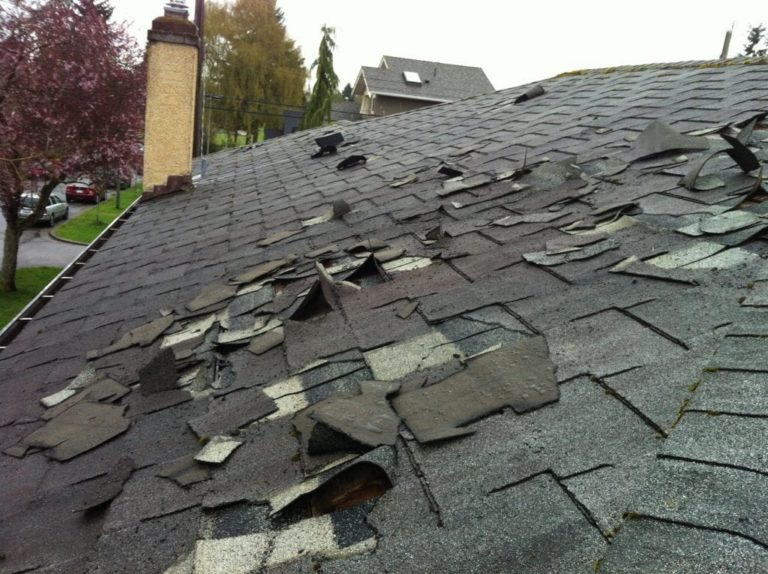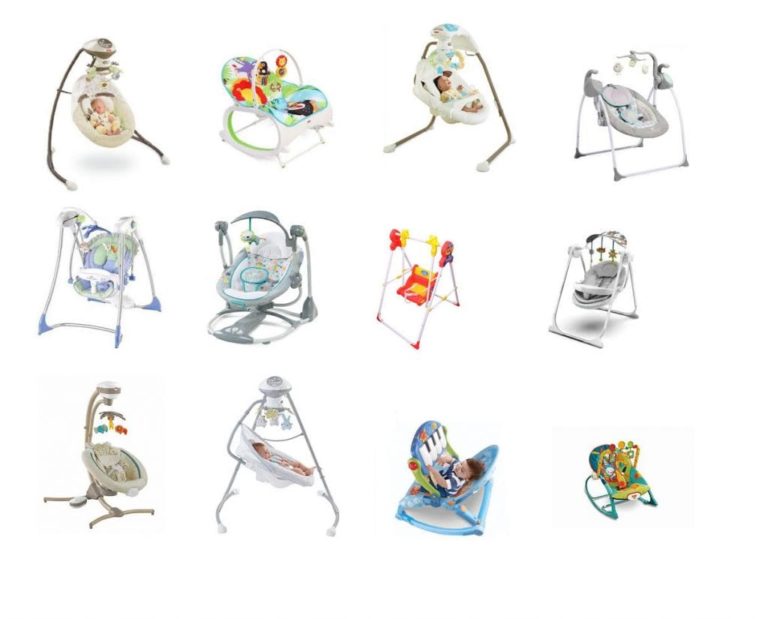Trending News

Teenage Depression Types And Signs Demanding Professional Therapist Help
Several kids grow with little turmoil, but few find puberty like the detonation of time bomb – once it blasts nothing is same. Many heartbroken parents are mystified by the change and get agonized with their teen’s behavior. They often blame themselves for not being strict or not spending more time with them or find fault in their DNA.
Another faulty solution is to blame teens for their behavior. Teens experience daily struggle, so it is hard to know if the kid is handling a couple of issues healthily. Blaming them will only make disagreements and disputes worsen more and more.

What is normal teen anguish? How can you detect that your teen needs professional therapy? The answer to these question lies in two categories of adolescent depression.
- Developmental depression
- Atypical depression
Adolescence developmental depression
Puberty accompanies grieving period, which gets triggered due to sudden awareness of life fragilities. They engage in disturbing thoughts about death as well as loss of childhood identity and innocence. Mortality realization that they and their dear ones are susceptible starts to obscure their outlook.
Developmental depression triggers internal unrest. It even opens a fresh chapter in the teen’s life, which is a new feeling about themselves. It is normal, but teenagers cannot handle this new feeling about themselves without sifting through uncertainties and insecurities. Separate individuation and identity are two issues related to developmental depression, which needs to be struggled with. Otherwise, teens remain stalled in childhood behavior like bullying or temper tantrums.
Features of developing depression in a teenager are –
- Feeling of melancholy and sadness
- Mood instability
- Loss of interest in couple of activities he/she found pleasurable
- Occasional tiredness, hypersomnia or insomnia
- Social anxiety
- Infrequent homicidal or suicidal ideas without determination
Adolescence Atypical depression
Atypical depression in a teen is caused when conditions worsen developmental depression creating more severe emotional instabilities and insecurities. It gets generated when there is an increase in emotional distress.

Disruptive forces that trigger it are –
- Illness and injury
- Undiagnosed learning disabilities
- Social rejection
- Trauma
- Financial hardship
- Parental conflicts
- Change of school and residence
- Death of someone very near
In developmental depression, teens experience mourning and melancholy that can be tolerated, but in the atypical depression, they struggle with crushing despair and unbearable psychic tension. The unnecessary feeling of frustration, hopelessness, or rage flares up, which frequently causes negativity, destructive obsession or impulsive moods.

Teens get engrossed in the psychic battle to avert these undesired insecurities and engage in defenses like dissociation, denial, or projection. These defenses are useful to maintain psychic energy. This is the reason that teens struggling with atypical depression appear consistently exhausted, tired, or hyper-vigilant.
Features of atypical depression in a teenager are –
- Constant feel of exhaustion, hypersomnia, or insomnia
- Predominantly irritated or depressed mood
- Panic attacks and social isolation
- Once enjoyable activities are found uninteresting
- Severe mood swings
- Persistent feeling of tentativeness and uselessness
- Constant homicidal or suicidal thoughts
Signs that shout your teen needs professional help
It is hard to know what kind of depression your teen is struggling with. Some red flags, which demand professional attention are –
- Self-harm – In case the teen tries to hit, cut or hurt her/himself then it indicates intolerable emotional tumult and psychic imbalance. If ignores self-harm behavior can turn into a habit and increase in due course.
- Chronic substance abuse – In the adolescent, experimenting with alcohol and drug is common but if your teen comes home high or drug regularly then it is serious. Take action instantly!
- Suicidal attempts or threats – When parents ignore suicidal threats or attempts with the belief that they will slowly manage the situation. Some feel their child is being dramatic, but they need to take such situations seriously and promptly schedule professional help.
Save your kid from adolescence depression as soon as possible with professional attention and care!
Copyright © 2025 WyattScott. All Right Reserved.








.png)






